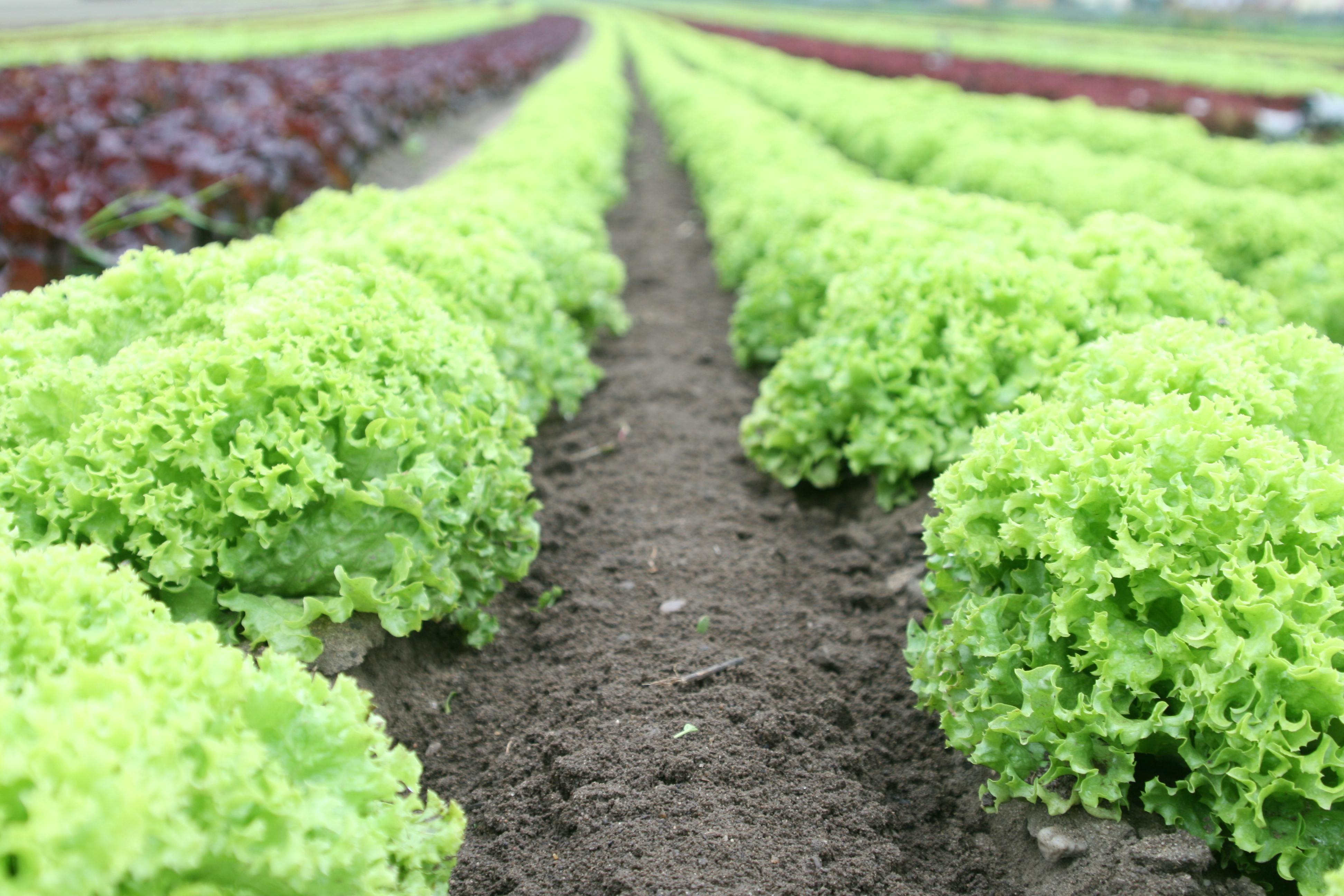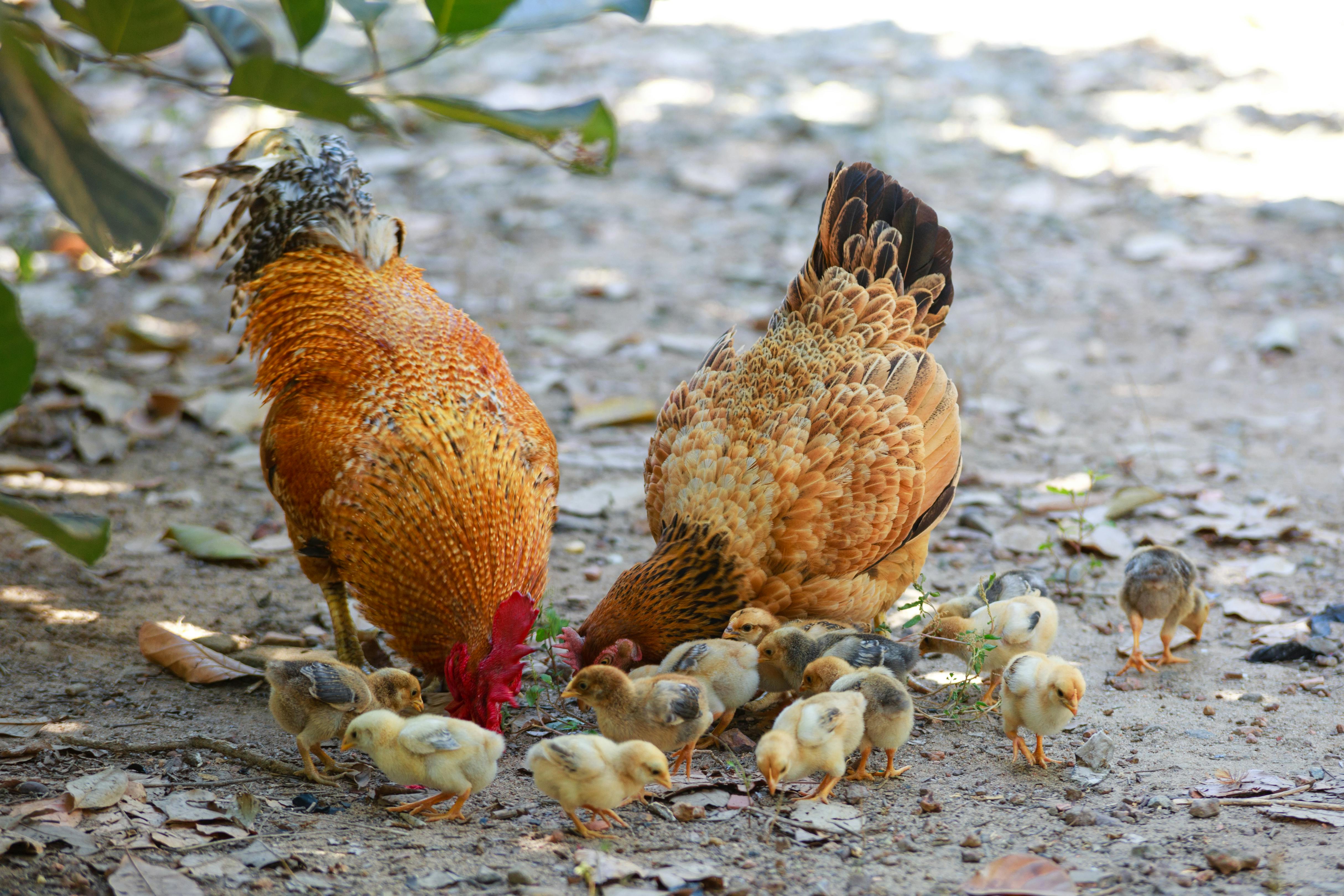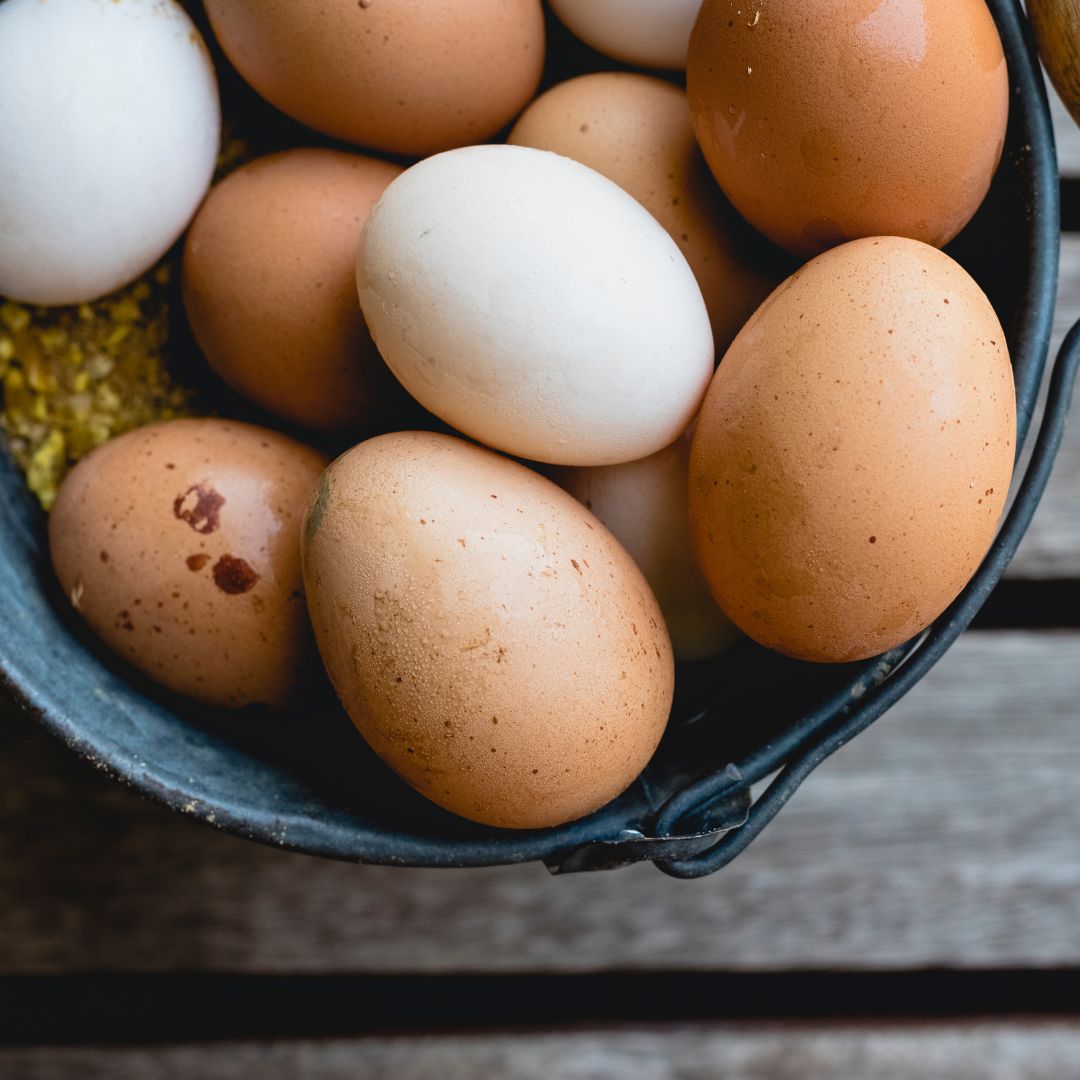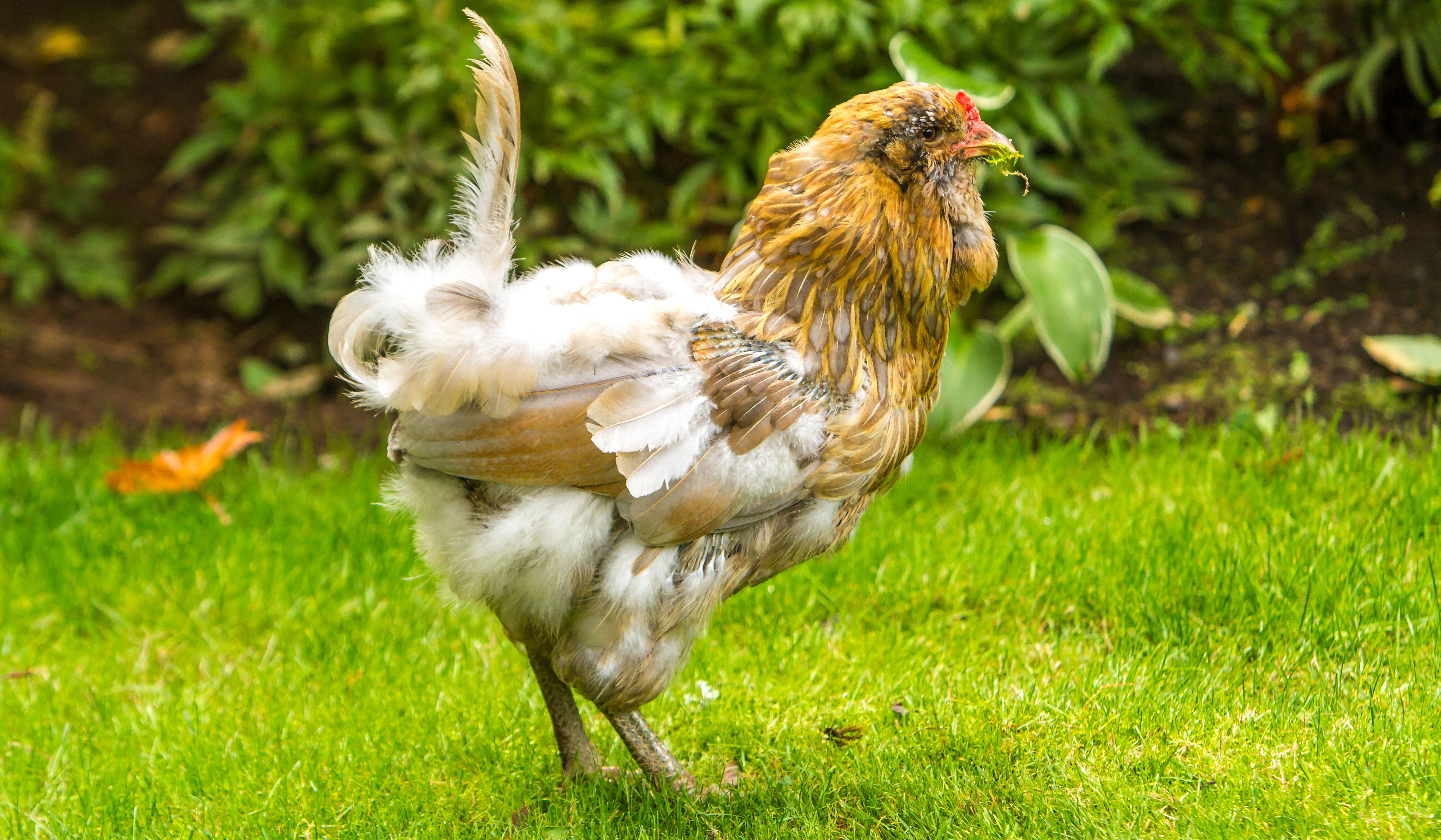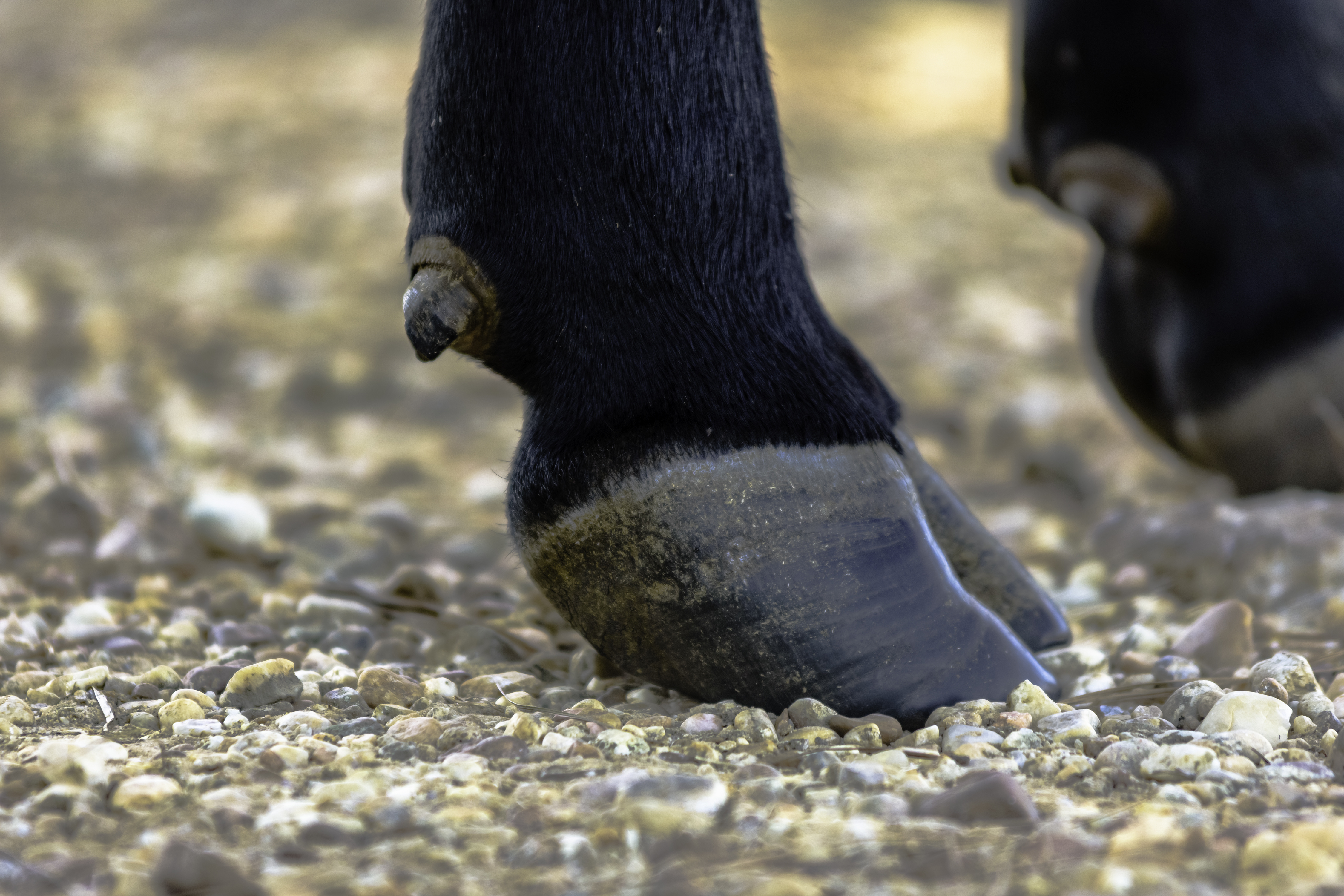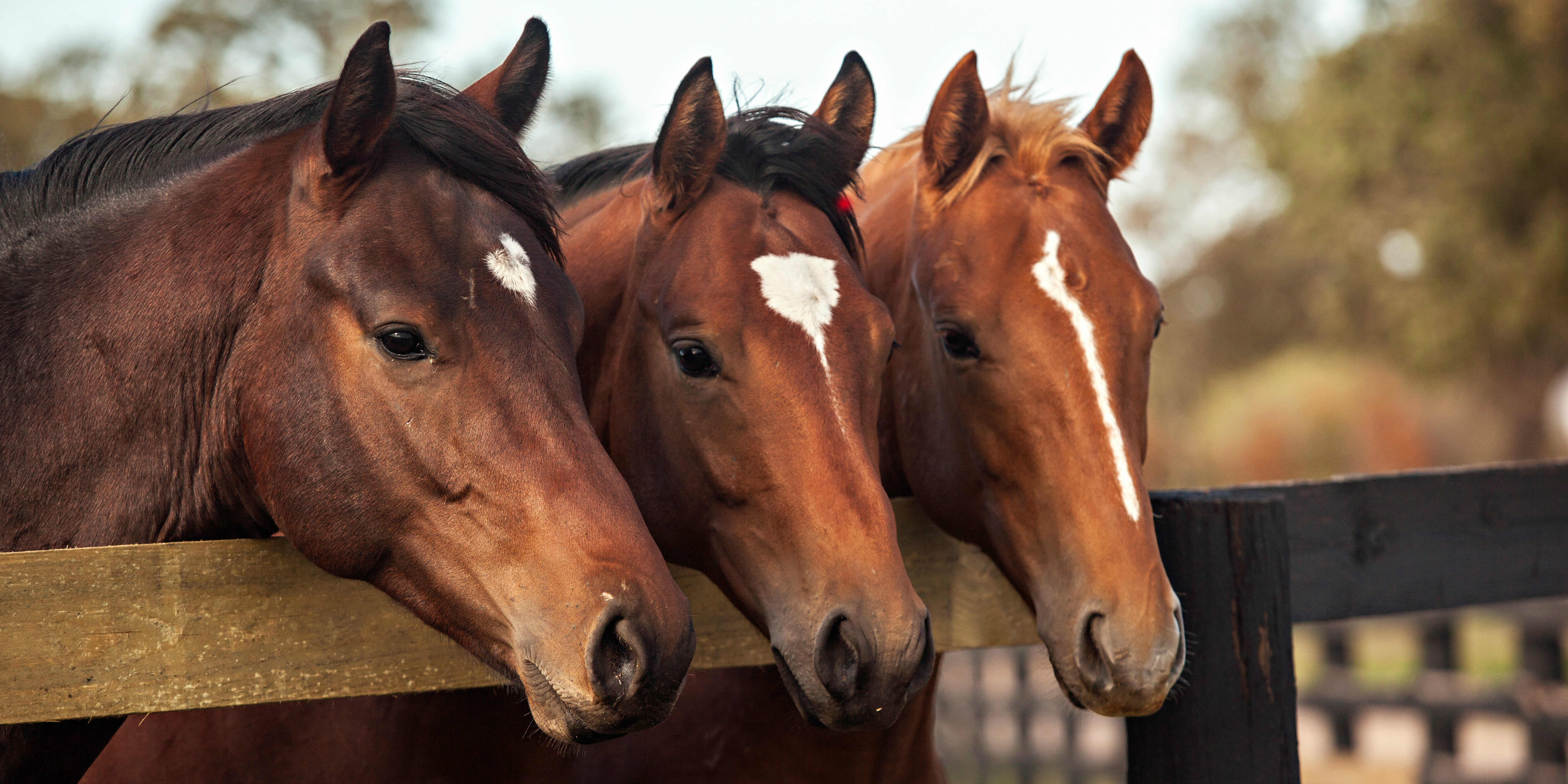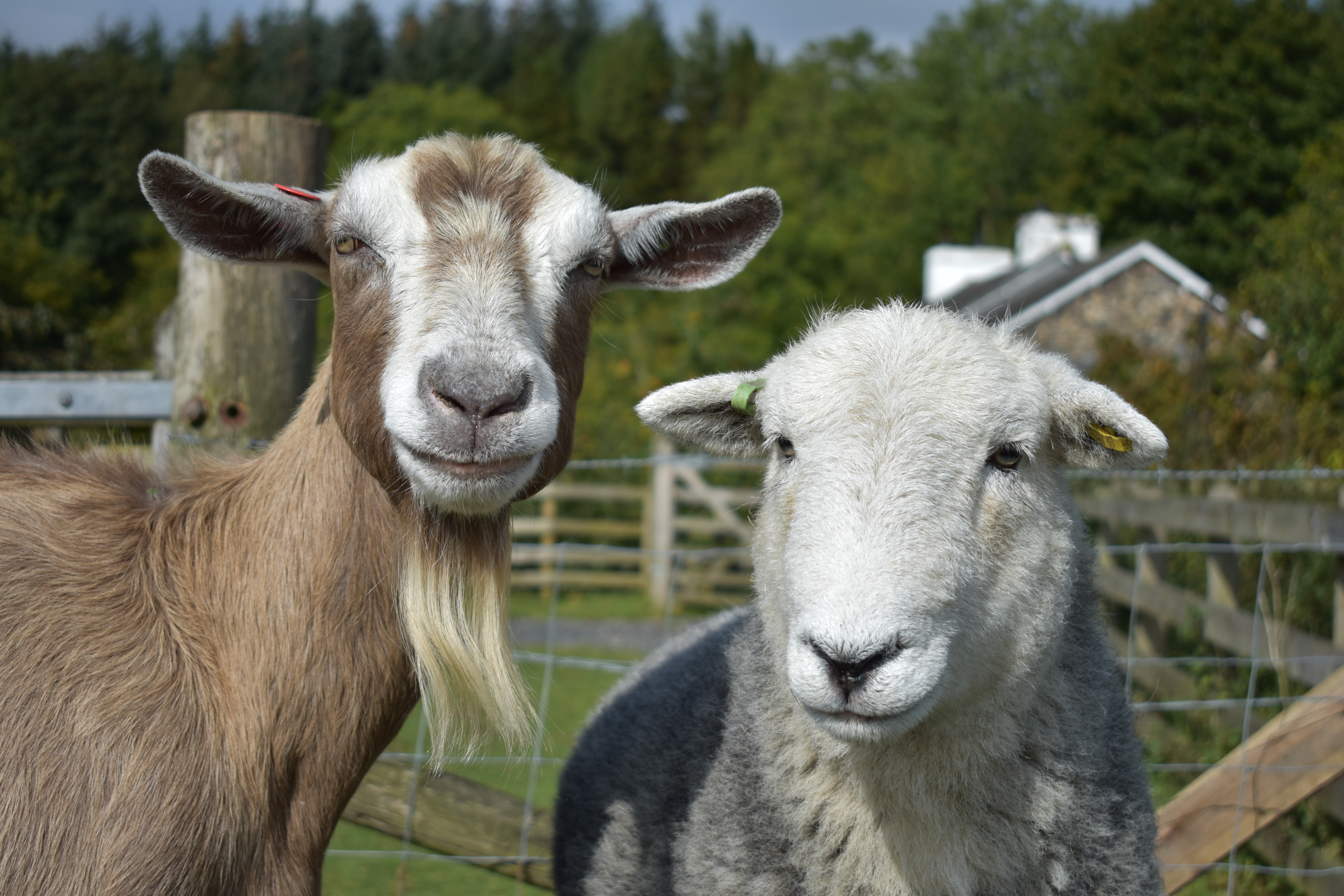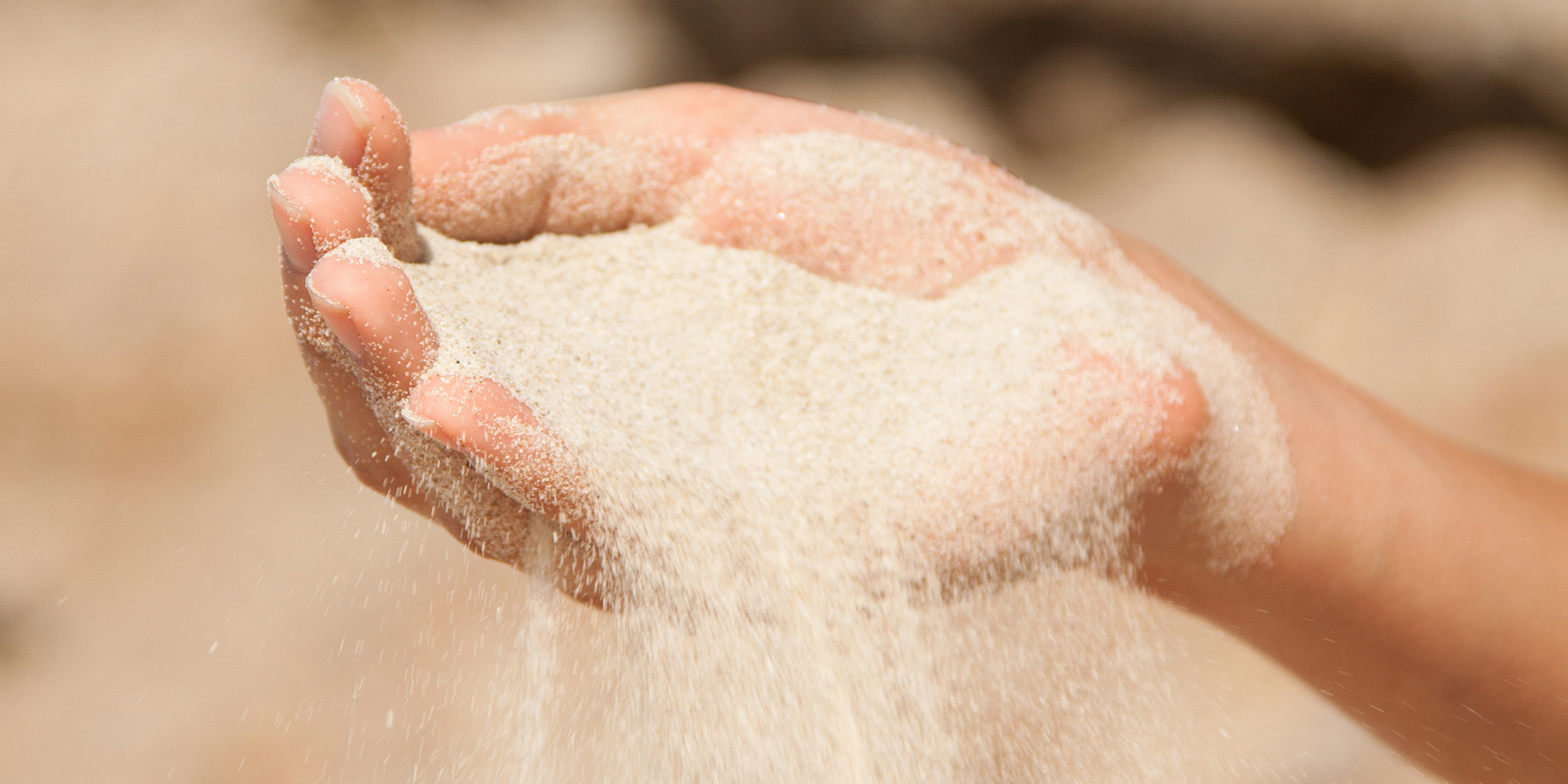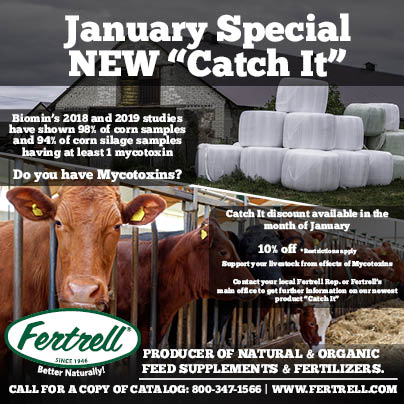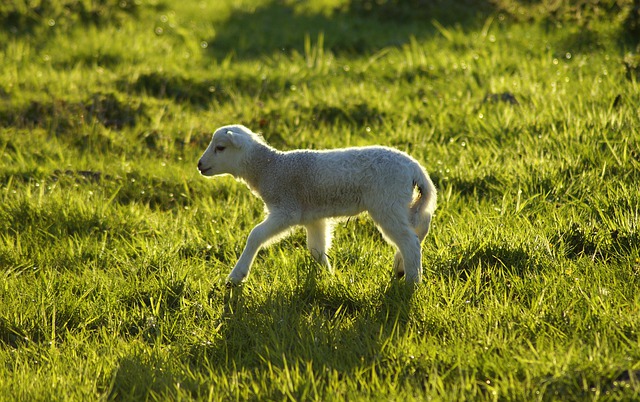By now for most of us it is feeling much like summer with vegetable crops out in the garden and starting to take off. Late spring and early summer are great times to review the fertilization that you did before planting and to make any adjustments. Hopefully you had a soil test and applied necessary amendments prior to planting or at planting; if you didn’t there is still plenty of time to put down fertilizer.
Fertrell Blog
Alyssa Walsh
Recent Posts
The first 18 weeks of a chick’s life is the most critical and will impact future production. Errors made during this time are difficult to overcome. During pullet development, their body is focusing on growing and building reserves for future laying. Low egg production and poor shell quality during lay can often be traced back to pullet development. Pullet management is essential for the success and profits of the future laying flock. The overall aim of pullet development is to reach a target body weight with high uniformity. Less than 85% uniformity will cause a decrease in egg production and peak production will be hard to maintain. Understanding developmental stages, maintaining brooder temperature, providing enough space, and providing fresh, balanced rations will help ensure the success of your future layer.
Aragonite is Fertrell’s preferred form of calcium for animals. It generally runs at about a 38% calcium. Similar to lime, aragonite is a calcium carbonate, but the biggest difference is that limestone is rock while aragonite is predigested seashells. Because aragonite is already digested, it makes the calcium more available to the animal.
Birds won’t look their prettiest during a molt, but it’s a natural behavior that’s necessary for the health of your chickens. Molting is when chickens replace older, worn feathers with new feathers. All birds have a timer in their head that tells them when they should take a break, quit laying, and change their feathers.
Colder weather will be here before we know it! As the temperatures decrease and winter approaches, winter problems come with them. One common winter occurrence is more hoof problems.
Kelp meal has been fed to livestock for over a century. Livestock farmers living near ocean coasts have seen the benefits of feeding seaweeds to their animals for years. Kelp meal is one of the only plant species that is full of chelated minerals, vitamins, and phytonutrients to help maintain the health of your horse.
Copper is an essential trace mineral that’s important for the growth of bones, body, and wool, healthy nerve fibers, coat pigmentation, and white blood cell function. It’s needed for all grazing livestock, including sheep!
Aragonite is Fertrell’s preferred form of calcium for animals. It generally runs at about a 38% calcium. Similar to lime, aragonite is a calcium carbonate, but the biggest difference is that limestone is rock while aragonite is predigested seashells. Because aragonite is already digested, it makes the calcium more available to the animal.
Fertrell is reintroducing our Kelp Conditioner as Catch It! A product to help “catch” mycotoxins. Grab Catch It at 10% off during the month of January. Restrictions apply.
Parasite pressure peaks in the spring. During the cold winter months, parasites go dormant, and as spring comes and the weather gets warmer, parasites re-emerge. Internal parasites can cause a decrease in animal productivity, from a reduction in milk production to decreased weight gain.
About this Blog
The Fertrell Company blog is for farmers, backyard gardeners, and homesteaders alike. Learn from the experts on all things natural and organic for both soil and livestock.
Subscribe to Email Updates
Recent Posts
Posts by Topic
- Soils (18)
- Agronomy (13)
- Cows (13)
- Poultry (12)
- Dairy (8)
- Plant (7)
- Feed (5)
- plants (5)
- Herd (4)
- Mycotoxins (4)
- Vegetables (4)
- laying hens (4)
- soil testing (4)
- Forage (3)
- essential trace mineral (3)
- soil (3)
- swine (3)
- winter (3)
- Aragonite (2)
- Chickens as pets (2)
- Grazing (2)
- Testing (2)
- Turkeys (2)
- fertrell liquid #3 (2)
- grazing livestock (2)
- livestock (2)
- produce (2)
- smallscalegarden (2)
- soil test (2)
- start a garden (2)
- Berry Mix (1)
- Blue N 5-1-1 (1)
- Catch It (1)
- Dr. Paul (1)
- Fertrell Blue N 5-1-1 (1)
- Fertrell Super K 3-4-7 (1)
- Fertrell's Grazier’s Choice (1)
- Fertrell’s Liquid 3-4-3 (1)
- Fish emulsion (1)
- Graziers Choice (1)
- Grazing Season (1)
- Herbal Supplement Powder (1)
- Holly Care (1)
- Hoof Boost (1)
- Hoof Health (1)
- Horse Nutri-Balancer (1)
- Kelp conditioner (1)
- Lawn (1)
- Parasite Pressure Prevention (1)
- Preferred Calcium Source (1)
- RC GOLD (1)
- Water (1)
- baby chicks (1)
- backyard poultry (1)
- benefits of eggs (1)
- broilers (1)
- buying chicks (1)
- chickens (1)
- cold frame (1)
- copper (1)
- cover crops (1)
- dr.paul aloe pellets (1)
- early blight (1)
- fertrell high sulfur mineral (1)
- fertrell’s super k 3-4-7 (1)
- fertrell’s super n 4-2-4 (1)
- foliar feeding (1)
- free-choice (1)
- fungi (1)
- garden (1)
- garlic (1)
- hops (1)
- jet ag (1)
- kelp (1)
- kelp meal (1)
- late blight (1)
- liquid fertilization (1)
- loosing feathers (1)
- microbes (1)
- minerals (1)
- molt (1)
- molting (1)
- molting chicken (1)
- orchards (1)
- oxidate (1)
- pasture season (1)
- pigs (1)
- planting garlic (1)
- regalia (1)
- seed soak (1)
- seed starting (1)
- sow (1)
- stargus (1)
- straw-bale (1)
- strawbale (1)
- strawbale garden (1)
- sulfur (1)
- tissue testing (1)
